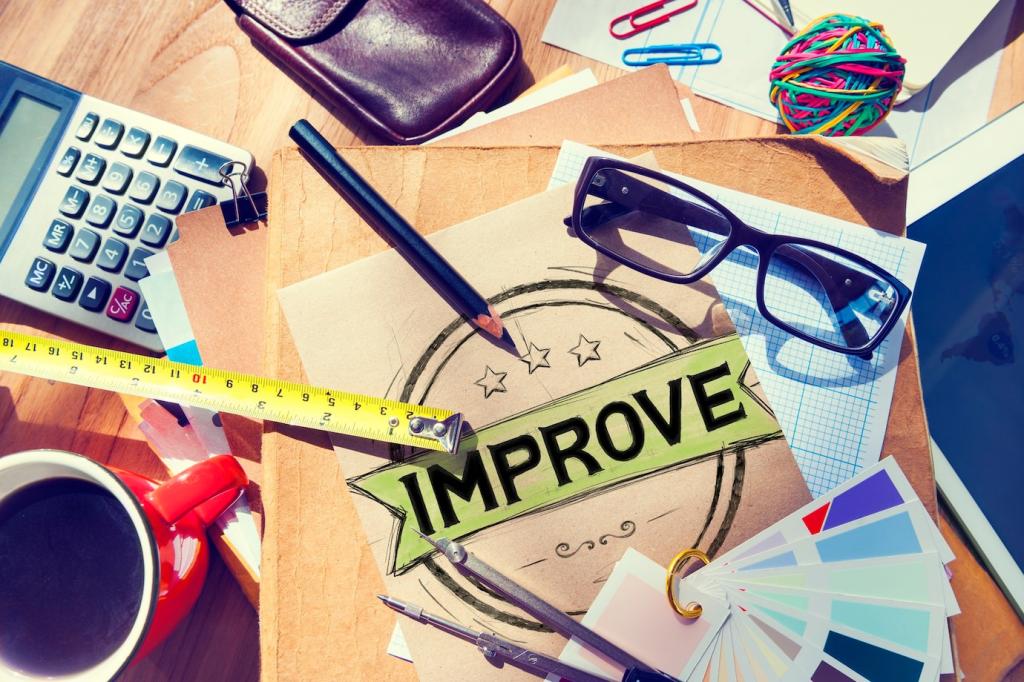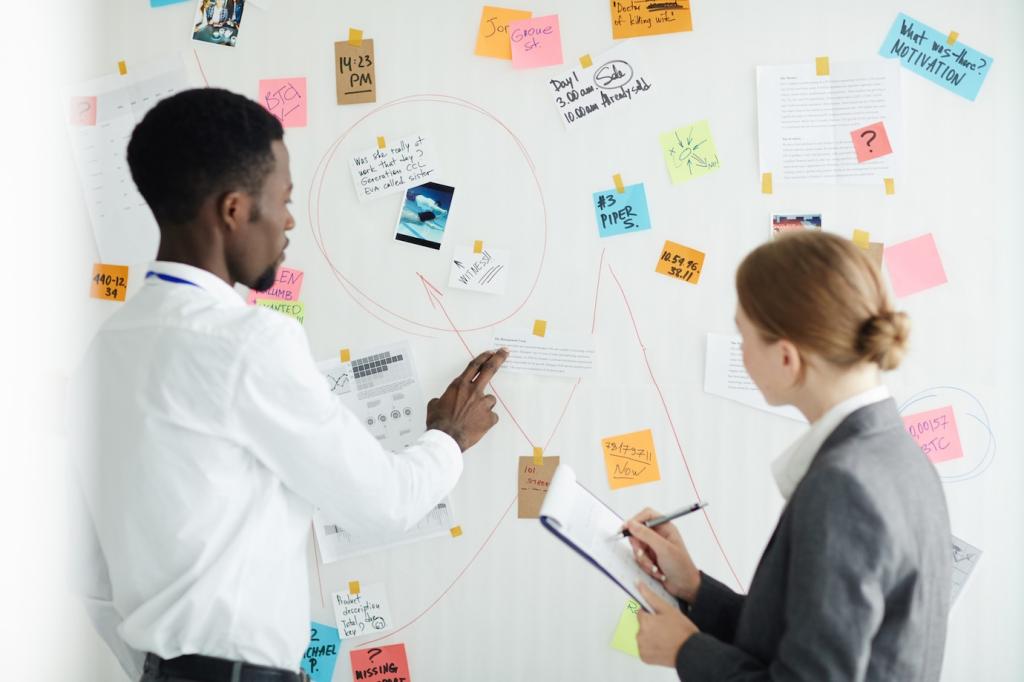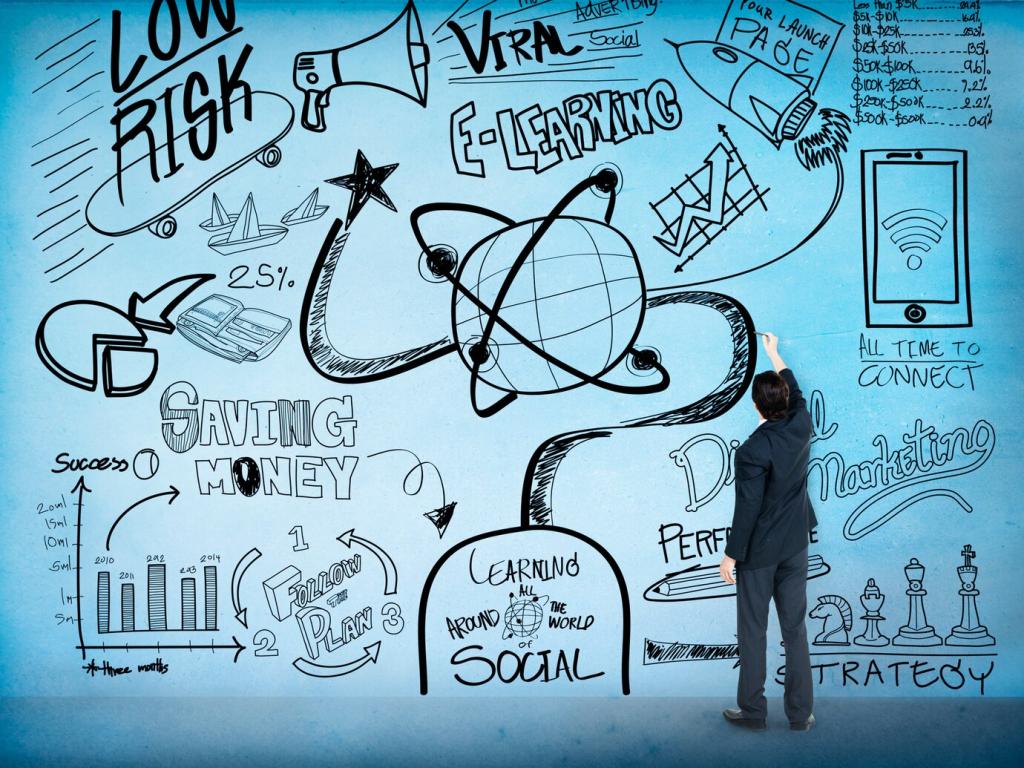Innovative Life Coaching Methods for Growth

Cultivating Present-Moment Awareness
Present-moment awareness is at the core of mindfulness-based coaching. Coaches guide clients to gently disengage from habitual patterns of rumination or worry. Through techniques like breath awareness, grounding exercises, and guided meditation, clients learn to anchor themselves in the here and now. This presence not only enhances clarity and focus but also heightens emotional intelligence, facilitating more effective communication and purposeful action. Over time, cultivating this state leads to deeper insight and a more adaptive response to challenges, creating fertile ground for personal growth.

Emotional Regulation Through Mindful Attention
Emotional regulation is a powerful benefit of mindfulness-infused coaching. Clients work collaboratively with coaches to observe and accept their emotions without judgment. By adopting a curious and compassionate stance, they unpack emotional triggers and habitual responses, building resilience and self-compassion. This method empowers individuals to pause in challenging moments, reflect thoughtfully, and choose constructive behavior. The result is a greater sense of control, reduced stress, and improved relationships—key foundations for personal and professional growth.

Integrating Mindfulness Into Daily Life
Sustainable growth requires the practical integration of mindfulness into everyday routines. Coaches introduce personalized micro-practices that can be woven seamlessly into clients’ schedules, such as mindful walking, journaling, or intentional pauses during the workday. These techniques turn ordinary moments into opportunities for self-reflection and recalibration. Over time, clients report increased satisfaction, less burnout, and a more balanced approach to goal pursuit. This holistic incorporation reinforces growth, transforming mindfulness from a skill into a way of being.
Harnessing Neurocoaching for Transformation
Limiting beliefs act as unseen barriers that can hold individuals back from reaching their full potential. Neurocoaching addresses these beliefs by making them conscious and then systematically challenging and reframing them. Clients engage in guided self-reflection and visualization techniques that help to disrupt unhelpful thought loops. Through repetition and affirmation, new empowering beliefs begin to take hold. The careful rewiring of the brain’s pathways ensures these shifts are sustainable, enabling lasting confidence and greater achievement in all areas of life.

Action-Oriented Goal Setting
Setting goals is only effective when followed by deliberate action. In experiential learning, coaches collaborate with clients to design specific, meaningful goals that require hands-on engagement rather than passive intention. Clients take action steps between sessions, then return to reflect on outcomes, obstacles, and breakthroughs. This iterative cycle builds momentum, accountability, and confidence, as clients witness their capabilities expand over time. By grounding ambitions in experience, goals become more attainable and growth more visible.

Role-Playing and Scenario Simulation
Role-playing exercises and scenario simulations are powerful tools in experiential coaching. Clients are invited to step outside their comfort zones and try new behaviors in a supportive, low-risk setting. Whether practicing difficult conversations, leadership skills, or stress management techniques, these real-time experiments allow for immediate feedback and adjustment. Through rehearsal and embodied experience, clients gain practical strategies and increased self-assurance, making it easier to transfer these skills into everyday life.

Reflective Practice and Debriefing
Reflection deepens the learning that arises from direct experience. Coaches guide clients through structured debriefing sessions designed to extract insights from each activity or challenge undertaken. Clients examine what worked, what didn’t, and why, building self-awareness and adaptability. This critical reflection closes the learning loop, enabling individuals to refine their approach and prepare for future growth opportunities. The result is greater resilience, confidence, and an ever-increasing capacity to learn from and thrive amidst change.
